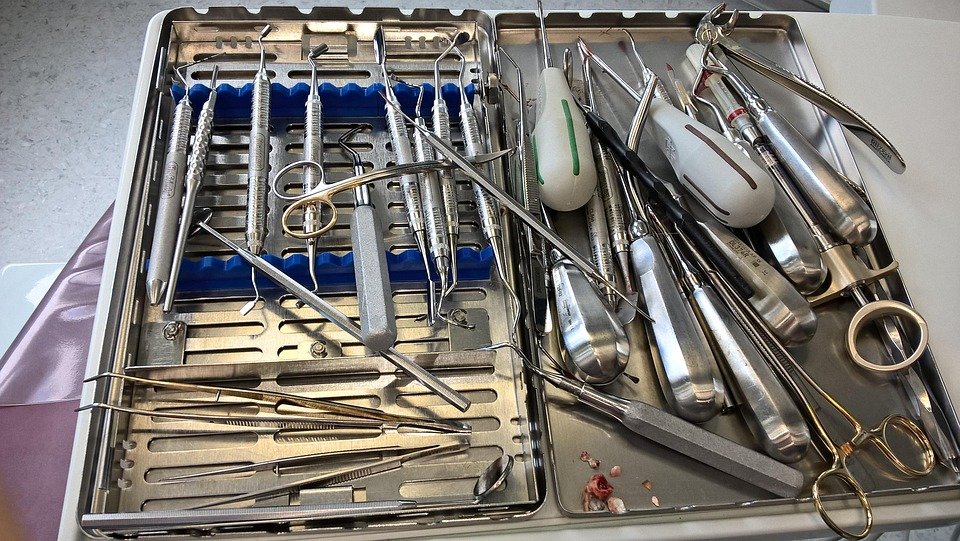How do bad habits like nail-biting affect oral hygiene?
Okay, here’s my attempt to act like the person who asked the question and add more context:
I’ve always been a nail-biter, and I know it’s gross, but I just can’t seem to stop! I’m trying to be better about my oral hygiene lately, and I was wondering if my nail-biting habit is actually hurting my teeth or gums beyond just being unsightly. Like, does it introduce bacteria into my mouth, or could it be causing any kind of damage that I wouldn’t even notice? I’m especially concerned about chipping my teeth or causing gum infections. And what about things like pen-chewing or ice-chewing? Are those bad too? Any advice or info would be greatly appreciated!
Answer
Nail-biting, a seemingly innocuous habit, can have a cascade of negative effects on oral hygiene, impacting both the teeth and the surrounding tissues. Here’s a detailed breakdown of the ways in which this habit can compromise oral health:
Introduction of Bacteria and Germs:
- Fingernails as a Reservoir: Fingernails are a breeding ground for bacteria, fungi, and viruses. They accumulate dirt and microorganisms from everyday activities.
- Transfer to the Mouth: When a person bites their nails, these harmful microbes are directly transferred into the mouth. This increases the risk of oral infections and illnesses.
- Gastrointestinal Issues: Some of these transferred pathogens can also be swallowed, potentially leading to gastrointestinal problems.
Damage to Teeth:
- Chipping and Fracturing: The constant pressure and grinding motion involved in nail-biting can cause small chips and fractures in the enamel of the teeth, particularly the front incisors.
- Malocclusion (Misalignment): Over time, nail-biting can exert force on the teeth, pushing them out of alignment. This can lead to malocclusion, where the upper and lower teeth do not properly meet. Resulting in temporomandibular joint disorders, chronic discomfort or pain in the jaw.
- Increased Risk of Cavities: Damaged enamel creates rough surfaces that are more susceptible to plaque accumulation and subsequent acid attacks, increasing the risk of tooth decay and cavities.
- Root Resorption: While less common, the force from nail-biting has been linked to root resorption, a condition where the body’s own cells break down and absorb the root structure of the teeth. This can lead to tooth loosening and eventual loss.
Impact on Gums and Soft Tissues:
- Gingivitis: The introduction of bacteria and the trauma from biting can irritate the gums, leading to inflammation and gingivitis (gum disease). Symptoms include red, swollen, and bleeding gums.
- Periodontitis: If gingivitis is left untreated, it can progress to periodontitis, a more severe form of gum disease that damages the soft tissues and bone supporting the teeth. This can lead to tooth loss.
- Soft Tissue Trauma: The sharp edges of the teeth, especially if they are already chipped, can cut and irritate the soft tissues of the mouth, including the gums, cheeks, and tongue.
- Herpetic Whitlow: Nail-biting can spread the herpes simplex virus from a cold sore to the fingers and then back into the mouth, leading to herpetic whitlow, a painful infection of the fingers.
Impact on Dental Appliances:
- Damage to Braces: Nail-biting can damage braces, wires, and brackets, increasing the duration and cost of orthodontic treatment.
- Dislodging Retainers: The habit can also dislodge or damage retainers, compromising their effectiveness in maintaining teeth alignment after orthodontic treatment.
Temporomandibular Joint (TMJ) Disorders:
- Stress on the Jaw Joint: The repetitive and forceful movements associated with nail-biting can put stress on the TMJ, the joint that connects the jawbone to the skull.
- TMJ Pain and Dysfunction: This stress can contribute to TMJ disorders, characterized by pain in the jaw, clicking or popping sounds when opening or closing the mouth, and difficulty chewing.
Overall Oral Hygiene:
- Compromised Oral Health: Due to all of the above factors, nail-biting creates an environment in the mouth that is more prone to oral health problems.
- Need for Increased Care: Individuals who bite their nails need to be especially diligent with their oral hygiene routine, including regular brushing, flossing, and dental check-ups.
In conclusion, nail-biting is far more than just a nervous habit; it is a significant threat to oral health. The cumulative effects of bacteria transfer, tooth damage, gum irritation, and potential TMJ problems can have long-lasting consequences for dental well-being.

Post Comment